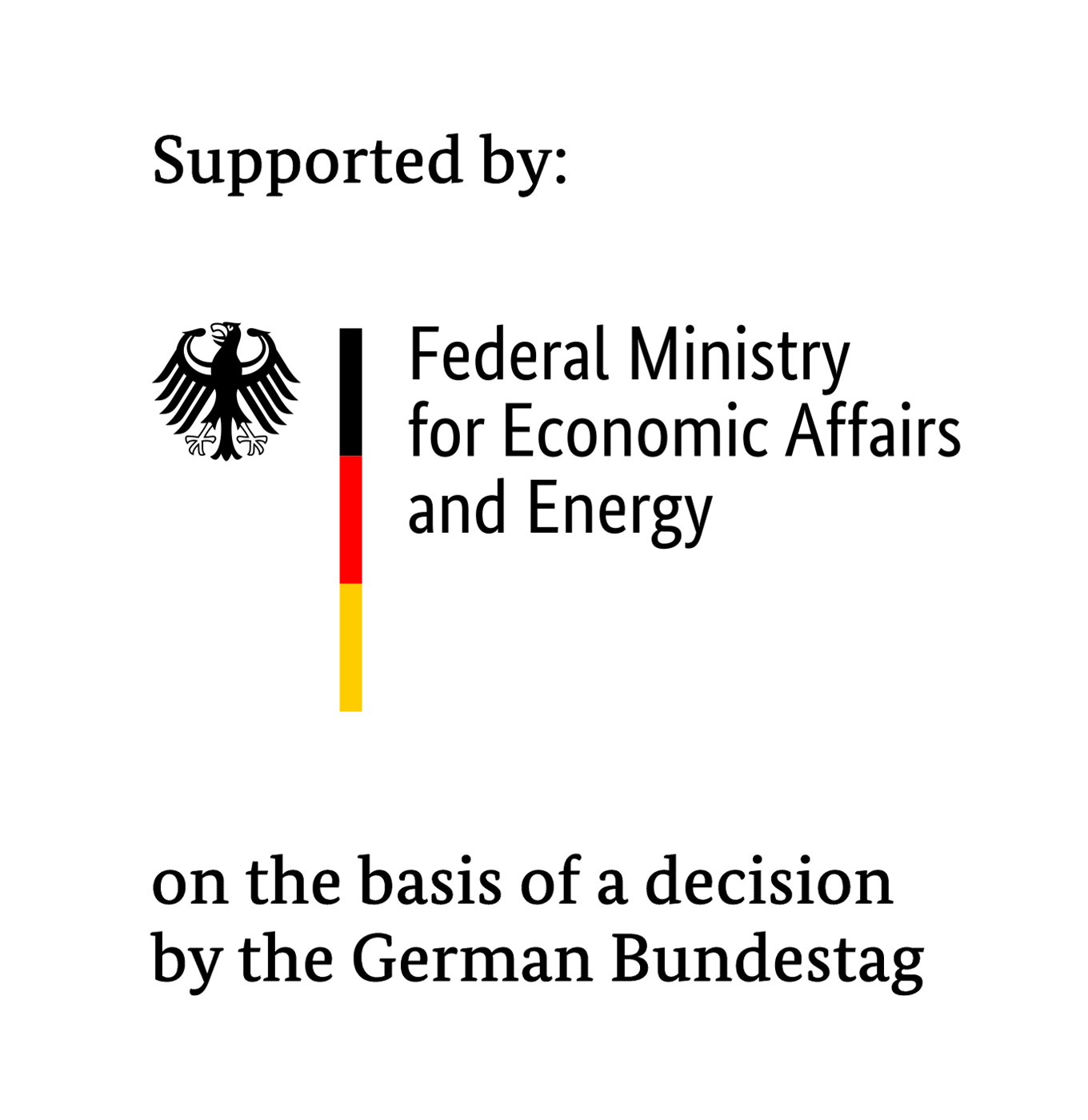PreDist - Predictive maintenance and servicing of HAST as part of a district heating system using grey box methods
Joint Project EnEff:Wärme
District heating is considered a key technology for a sustainable and environmentally friendly thermal energy supply for buildings. However, the operation of thermal networks is characterized by the complex interaction of many individual components. The house substation (HAST) in particular plays a decisive role in the efficient operation of the overall system, the optimized use of energy and the reduction of greenhouse gas emissions. Unusual operating states and unforeseen faults in the HAST have a negative impact on the overall efficiency of the heating networks. The early detection and rectification of anomalies promotes uninterrupted supply, but is a complex task.
The use of digital methods is seen here as an important building block for the safe and optimized operation of heating networks. The introduction and use of modern communication technologies and structures in the district heating industry offer great potential for optimization, particularly in the area of maintenance processes (IH processes). Here, predictive maintenance approaches from HAST lead to an increase in the reliability and efficiency of the energy supply system. The increased integration of renewable energies and thus the decarbonization of district heating systems is implicitly promoted in this way. In addition, the production costs and maintenance costs of a functioning infrastructure play a decisive role for a practicable, efficient and ecological or resource-friendly heat supply. The service life of a HAST is approx. 30 years. As an essential part of the supply infrastructure, cost-efficient maintenance strategies are indispensable. Many utilities are therefore faced with a high degree of uncertainty with regard to maintenance planning and budgeting. Improved estimation of service life enables more cost- and resource-efficient maintenance planning. Preventive maintenance instead of corrective renewal can free up resources for the necessary expansion of heating networks. In addition, the digital recording of maintenance reports can professionalize the individual players in the energy transition.
Against this background, the publicly funded research project EnEff:Wärme: PreDist is dedicated to the goal of optimizing operation and maintenance in district heating systems through predictive maintenance approaches with a focus on house stations. The project started on January 1, 2024 and will run for 4 years.
